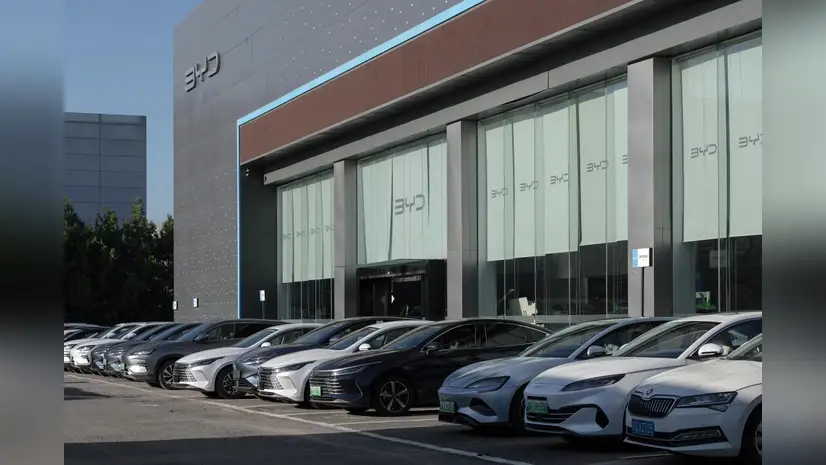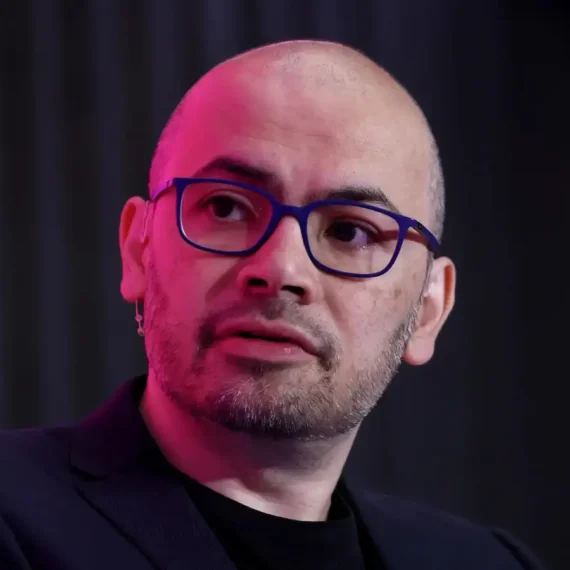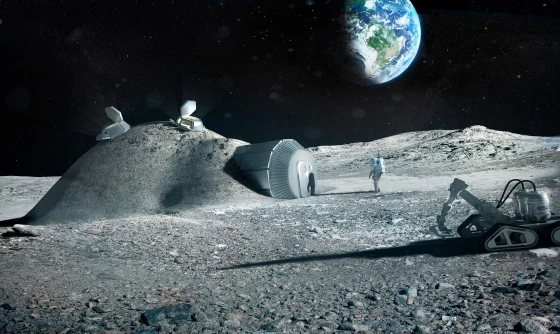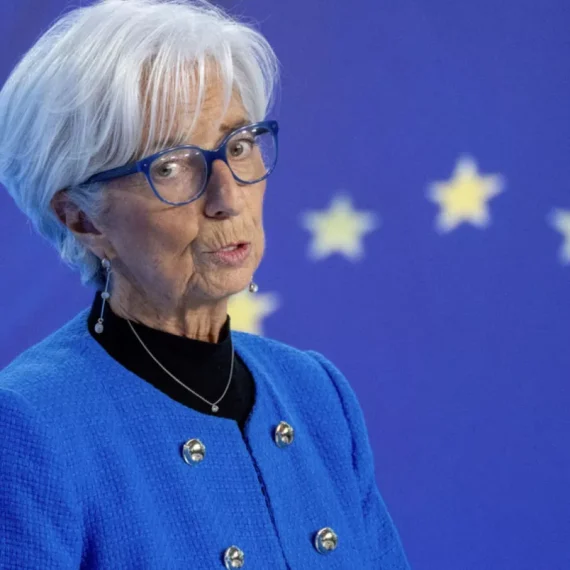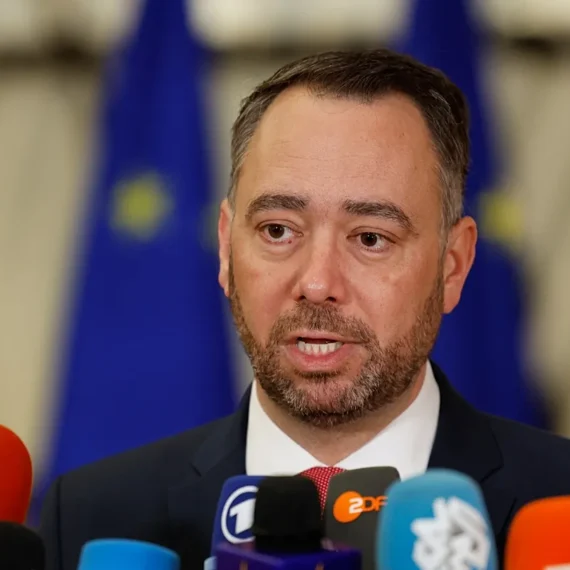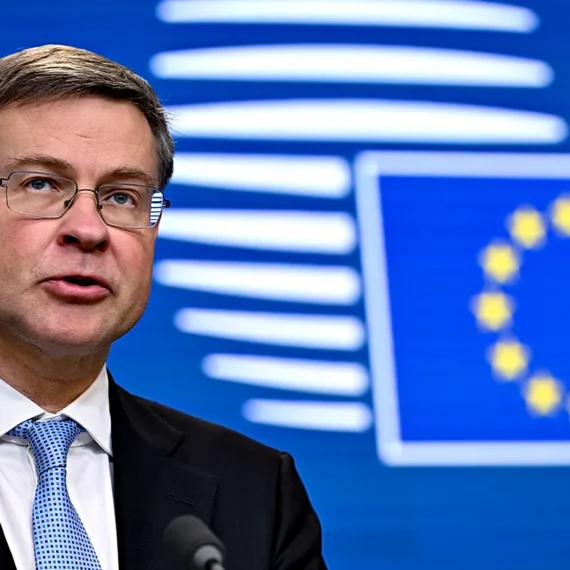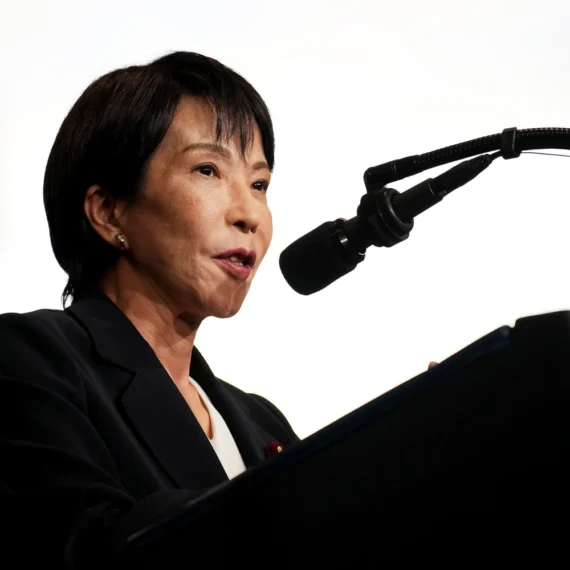In September 2024, PricewaterhouseCoopers (PwC) released its “eMobility Outlook 2024: KSA Edition,” which states that EVs make up just over 1% of total automobile sales in Saudi Arabia. The International Energy Agency estimates that in 2023, approximately 18% of all automobiles sold worldwide were electric. In the desert kingdom, several obstacles stand in the way of adopting cleaner automobiles, but the situation is rapidly changing.
At the forefront of this change is the Electric Vehicle Infrastructure Company (EVIQ). EVIQ was established in late 2023 as a joint venture between Saudi Electricity Company and the Public Investment Fund (PIF), the nation’s sovereign wealth fund.
According to the PwC report, there were around 285 public charging stations nationwide by the end of 2023, the majority of which were slow chargers. Riyadh, the nation’s capital, saw the opening of EVIQ’s first rapid charging station in January 2024. It intends to deploy 5,000 fast chargers in 1,000 places by 2030.
EVIQ CEO Mohammad Gazzaz told CNN that “very few people are willing to buy an electric vehicle without having the comfort of seeing infrastructure being available.” “We’re clearing the path. Heiko Seitz, Global eMobility Leader, PwC Middle East, and an author of the eMobility study, stated that the majority of EV buyers now are those who “can charge at home with their private wall boxes.
Also Read:
In Texas, a Deadly Measles Outbreak Does little to Dispel Vaccine Skepticism

